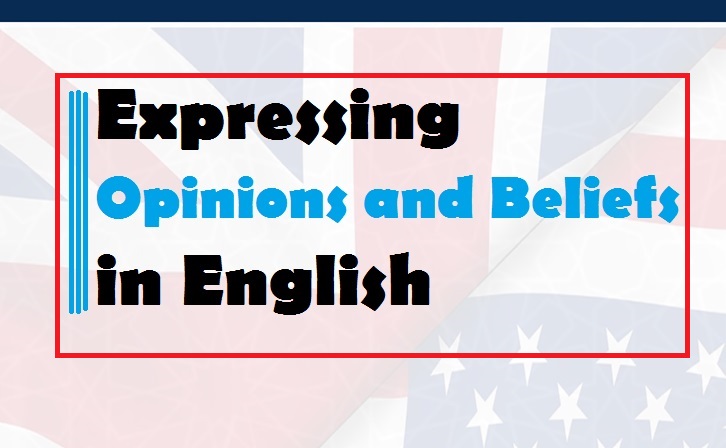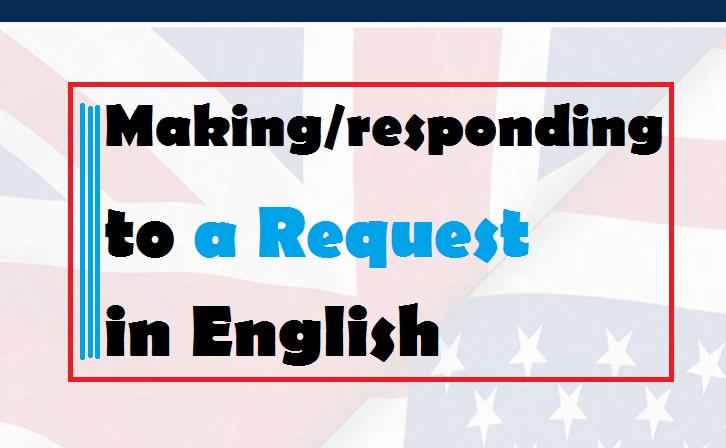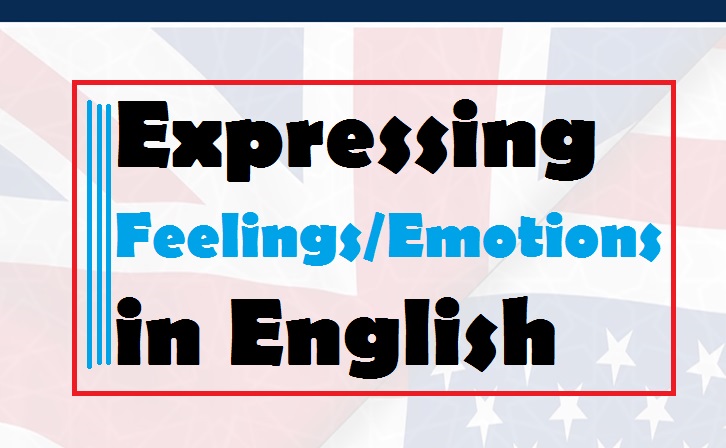(EFL/ESL English speaking lessons)
Expressing concession in English
What is a concession?
Expressing concession – A concession might be understood as a contradiction of two situations, two cases or two sentences. If a student spent a lot of time preparing for the test, everyone will say s/he will get a good grade. This is the expectation. But, if the student gets a low grade, in this case we will express concession.
Example:
- Although the student prepared well for the test, she got a very low grade.
In concession, we have concessive clauses: clauses that present the opposite of the main clause in the sentence. Concession in English is expressed in many ways. Here are some of the most common ways that you can use.
Expressing concession – Category one |
|
/Despite and in spite of/ can be used either at the beginning or in the middle of the sentence. They have the same rule: despite or in spite of + noun or verb +ing. Check the examples below:
Examples of using (despite and in spite of) in English sentences
- Despite having many diplomas, she is jobless.
- She is jobless despite having many diplomas.
- In spite of being sick, she went to school.
- In spite of sickness, she went to school.
- She got a low grade in spite of spending a lot of time preparing for the test.
Expressing concession – Category two |
|
The expressions in the table above have the same rule: (however, yet, nonetheless, nevertheless) + a sentence. But, they are located in the middle of the sentence. Check the examples below:
Examples of using (however, yet, nonetheless, and nevertheless) in English sentences
- She has a lot of money. Yet, her clothes are shabby.
- She is blind. However, she knows how to read and write.
- She is very fat. Nevertheless, she runs fast.
Expressing concession – Category three |
|
/Although and even though/ can also come in the middle or at the beginning of the sentence. They have the same rule: although or even though + a sentence. Check the following examples
Examples of using (even though and although) in English sentences:
- Although she has many diplomas, she doesn’t work at all.
- Even though she never attended school, she is able to read and write perfectly.
- She doesn’t work at all, although she has many diplomas.
Concession Check you understanding
Click to Move to Exercises








I am thankful 🙂